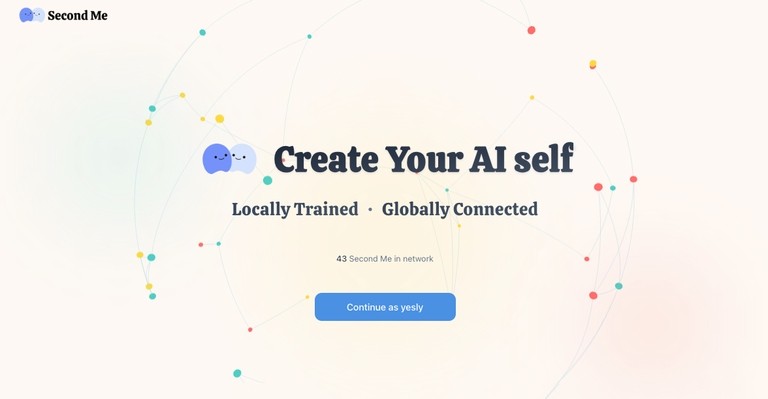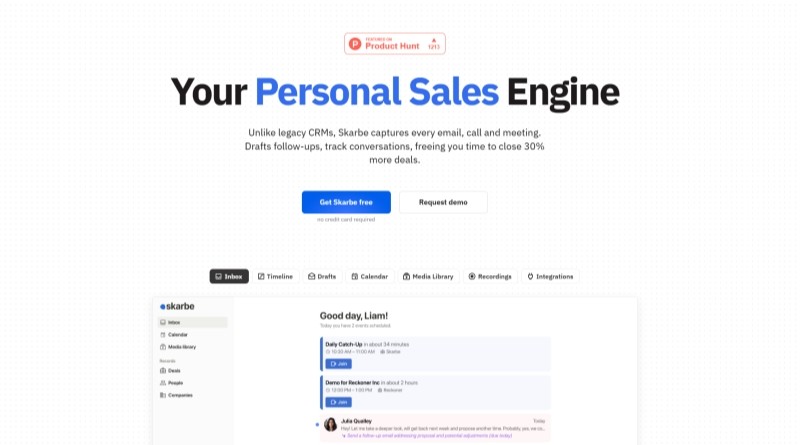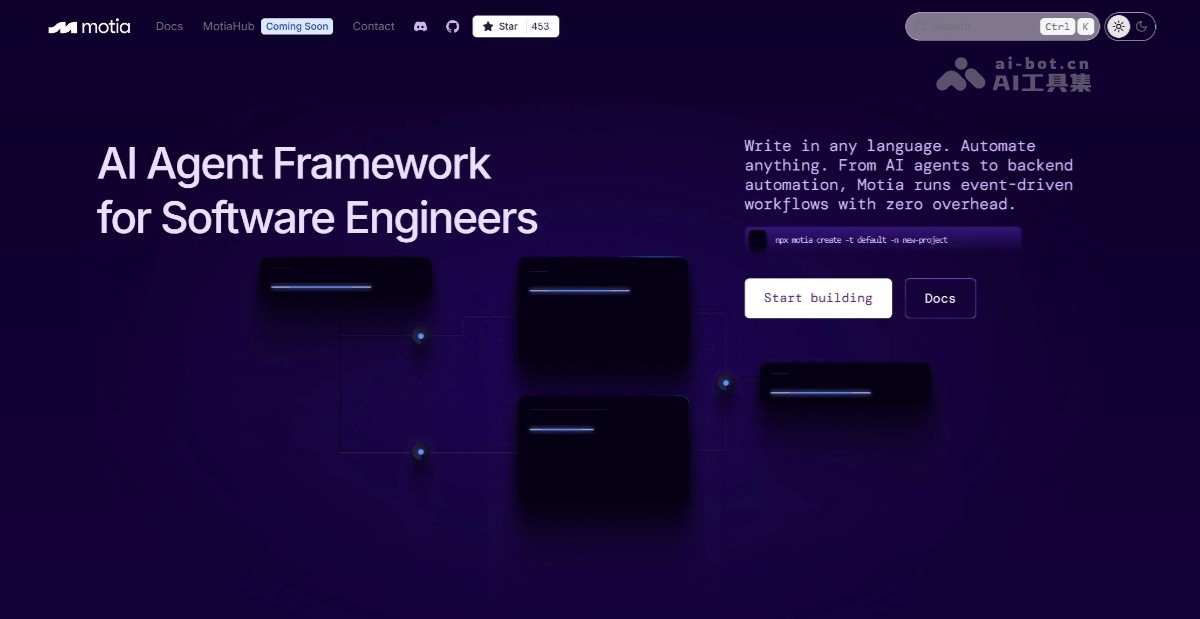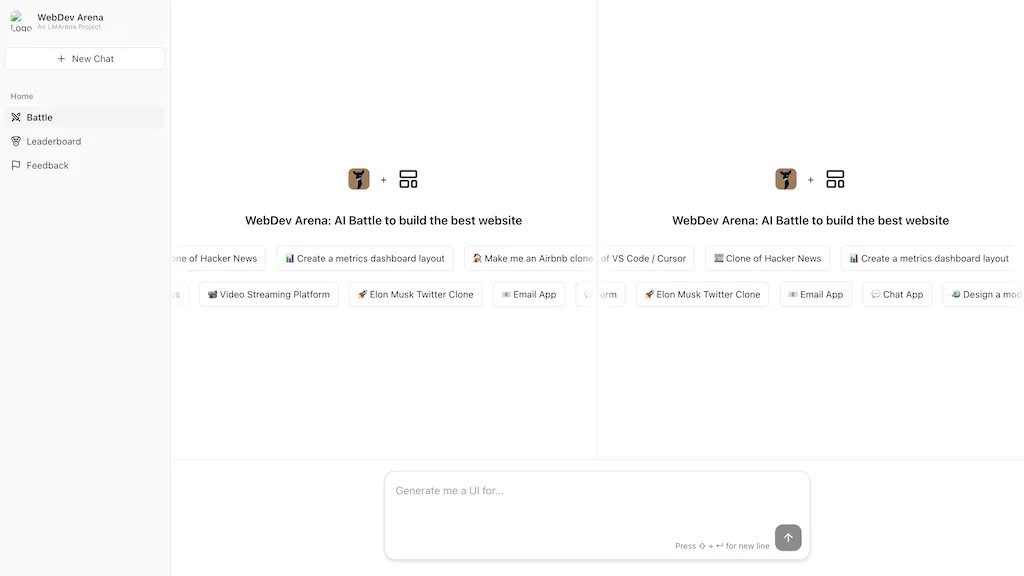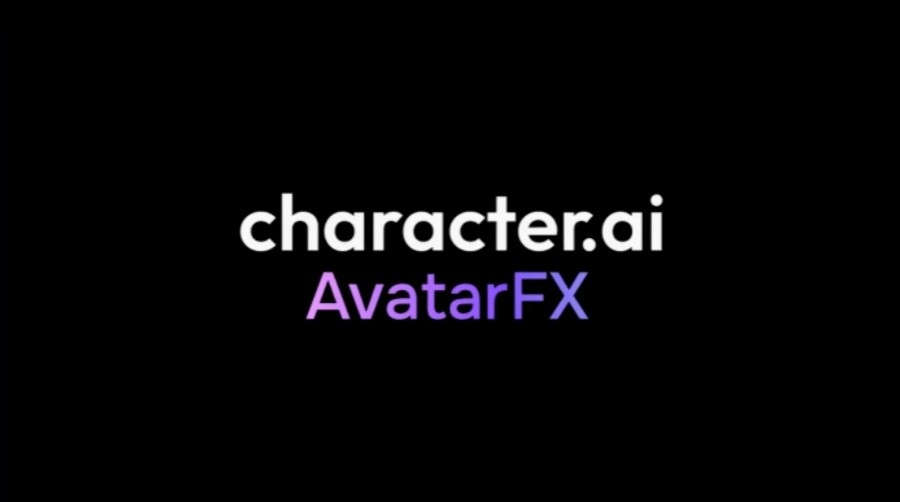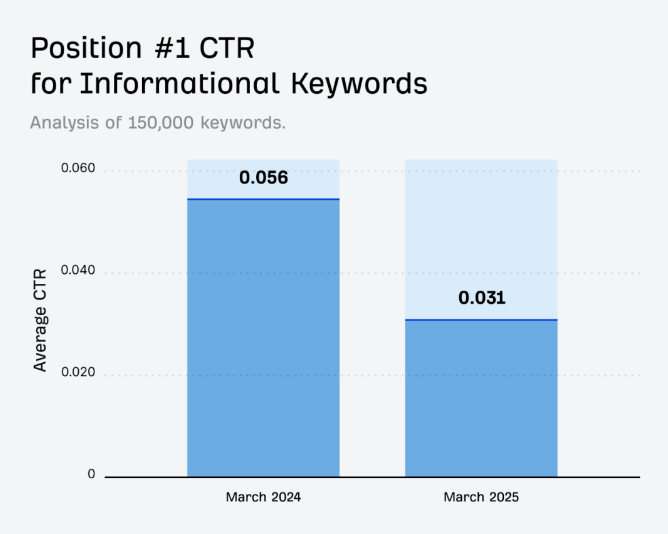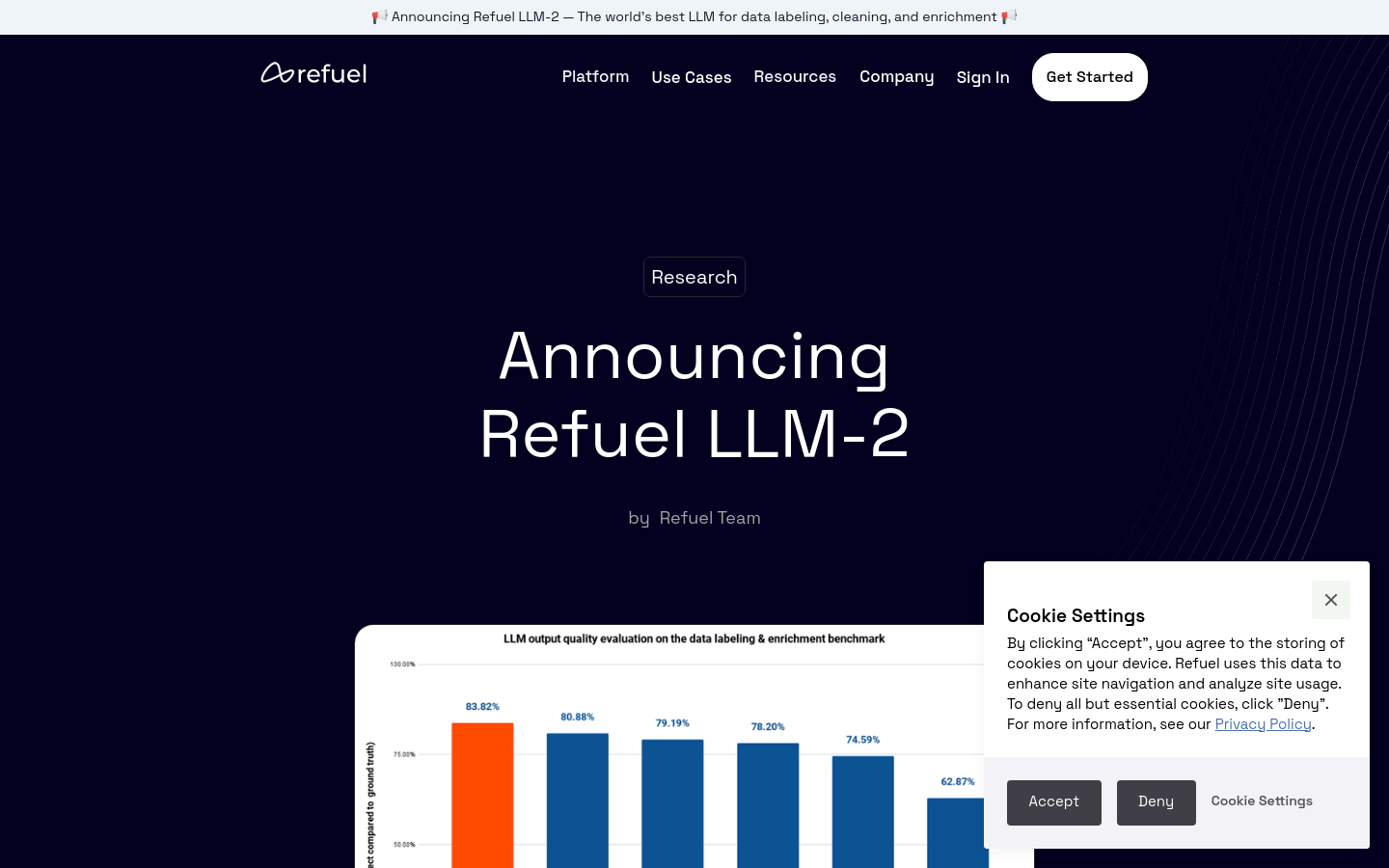
Refuel LLM-2 is an advanced language model designed for data annotation, cleaning and enrichment. It surpasses all existing state-of-the-art language models, including GPT-4-Turbo, Claude-3-Opus, and Gemini-1.5-Pro, on benchmarks on more than 30 data annotation tasks.
Target audience:
This includes data scientists, machine learning engineers, enterprise data teams, and any professional who needs to do extensive data preprocessing and annotation. Refuel LLM-2 helps these users save time and improve the quality and efficiency of data processing by automating and optimizing the data cleaning and annotation process.
Example of usage scenario:
In the financial field, used to automate the classification and annotation of financial documents
In the field of recruitment, help screen and mark key information in resumes
In e-commerce, automatically label product descriptions and customer reviews
Product features:
Excellent performance in data annotation tasks, with an accuracy rate higher than 80%
Supports long text input, with a maximum input context length of 32K
Provide model fine-tuning support to adapt to specific task requirements
Open source RefuelLLM-2-small model to promote community development
Performance tests were conducted on non-public datasets to ensure the reliability of the model in real-world tasks
Provides an interactive platform to test model performance
Supports direct access and use of models on Refuel Cloud
Usage tutorial:
1. Visit Refuel LLM-2 ’s online platform or download Refuel Cloud
2. Register an account and log in to gain access to the model
3. Test model performance in LLM playground, or perform model fine-tuning in Refuel Cloud
4. Perform necessary parameter configuration and fine-tuning of the model according to specific task requirements
5. Apply the fine-tuned model to actual data annotation, cleaning or enrichment tasks
6. Monitor model performance and make adjustments based on feedback to optimize results
7. Use the open source RefuelLLM-2-small model for custom development and experiments
